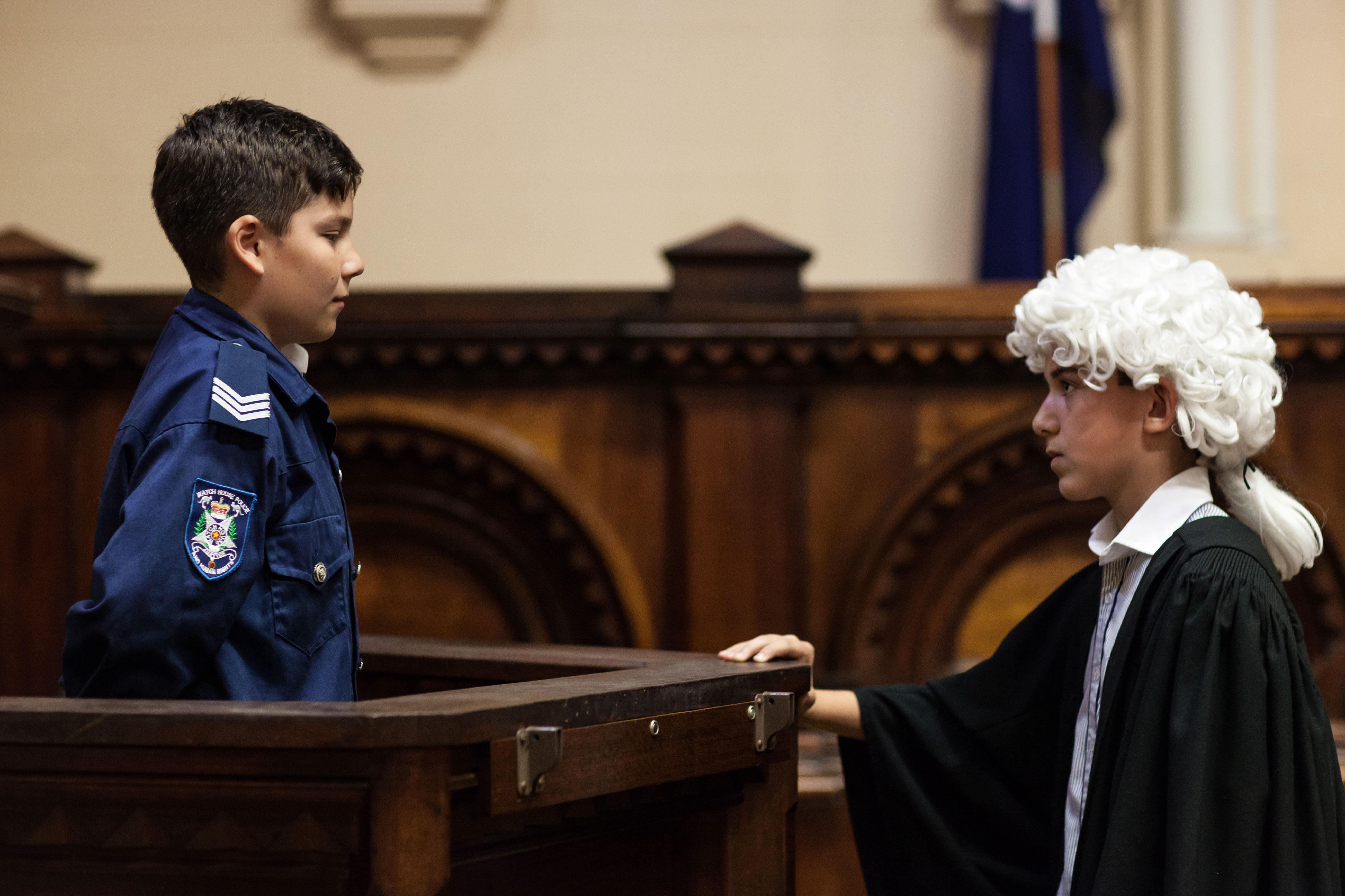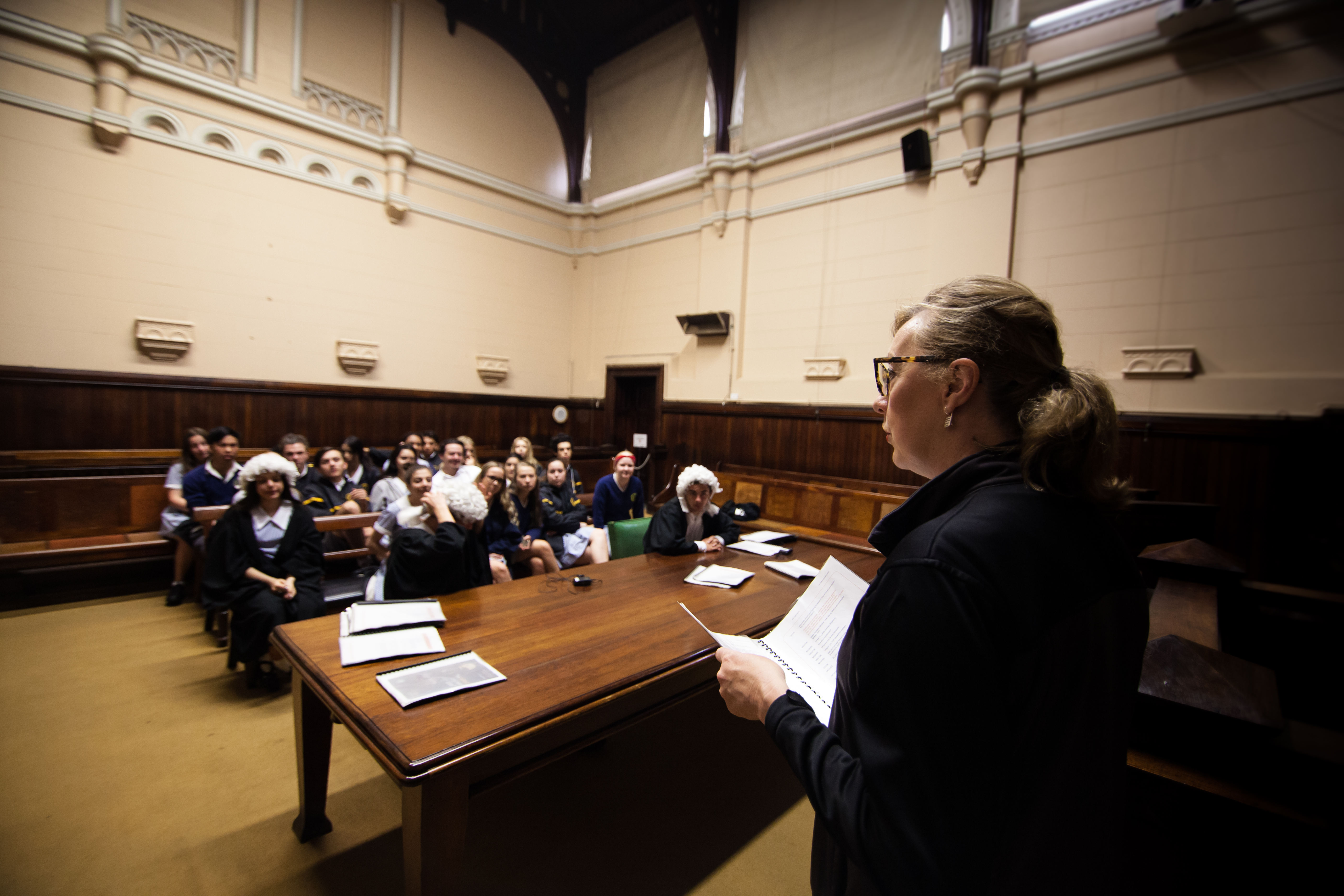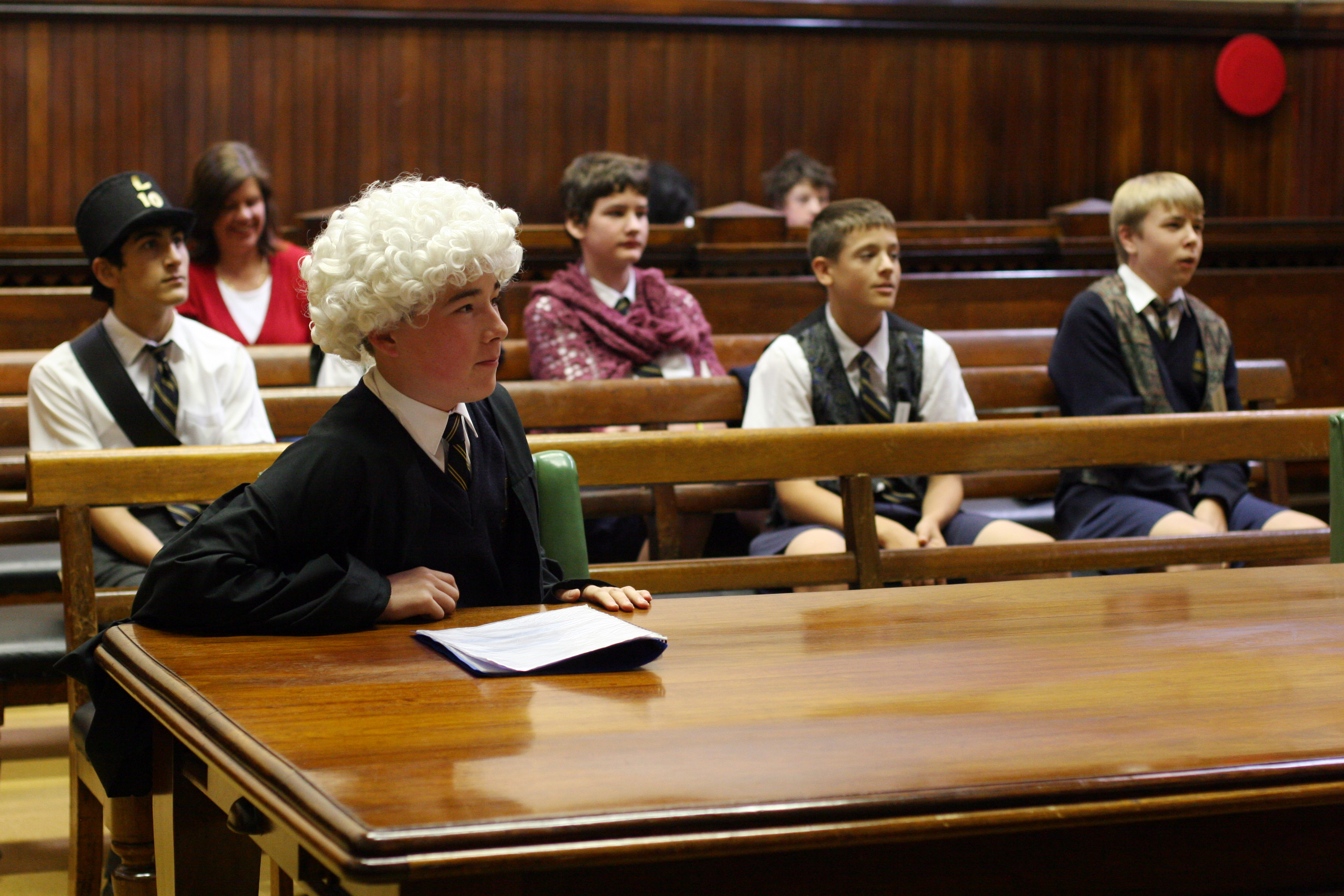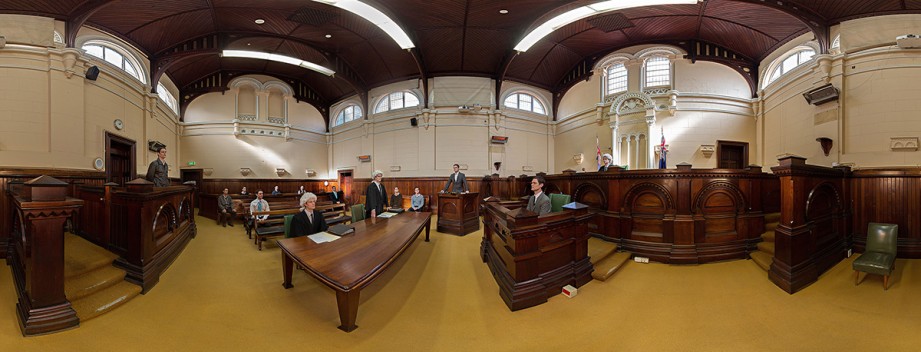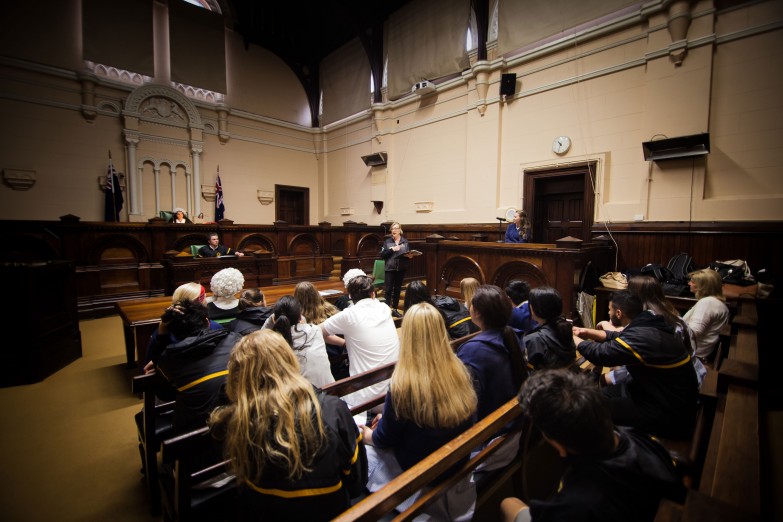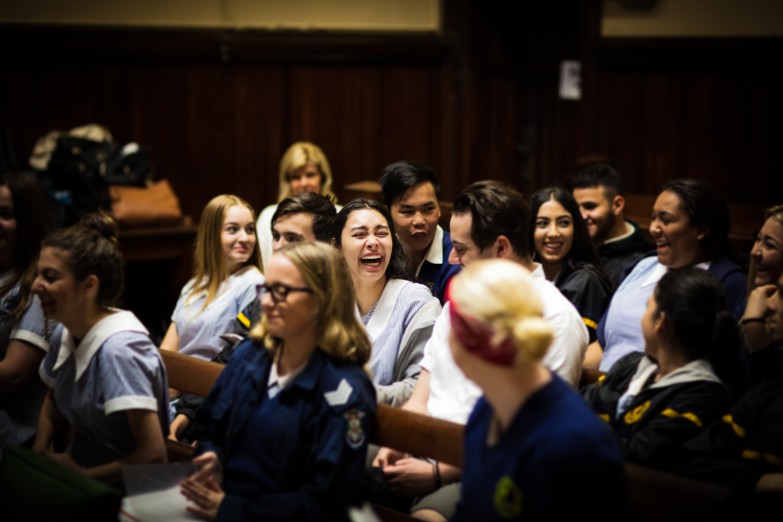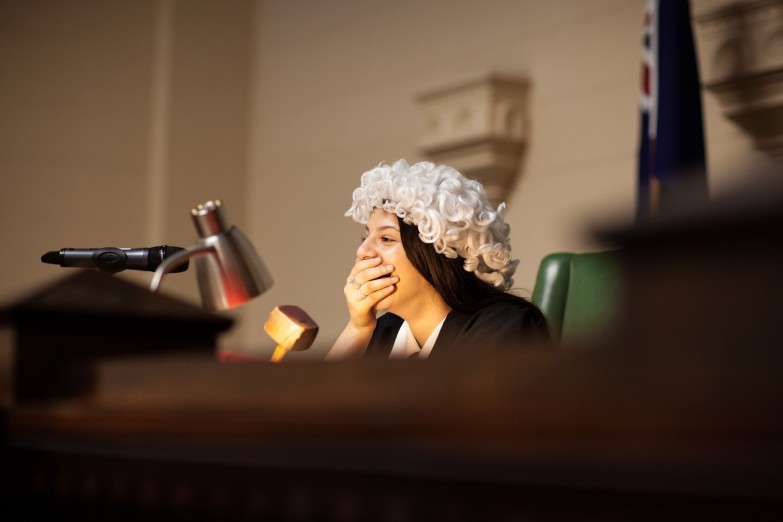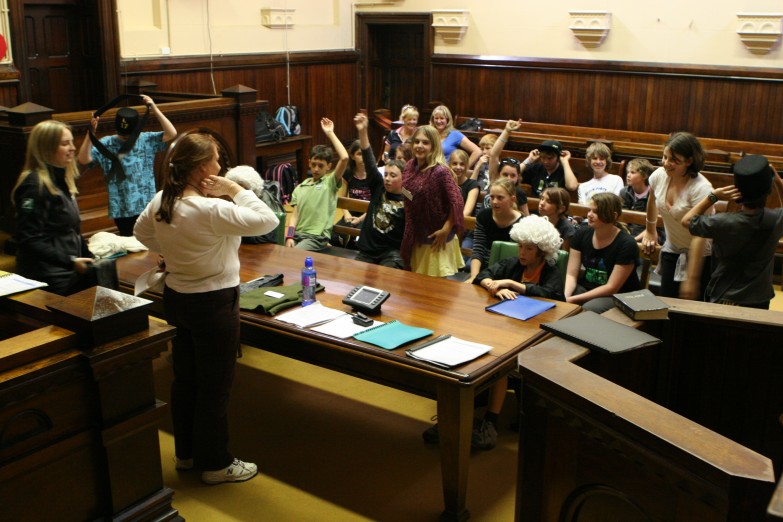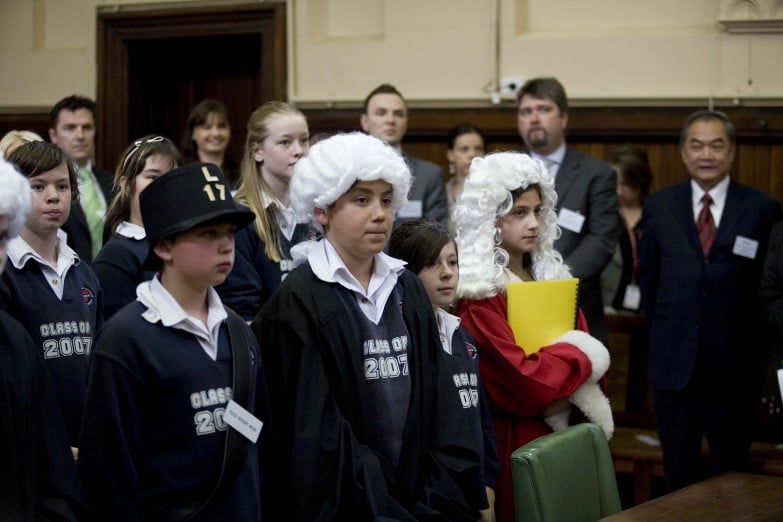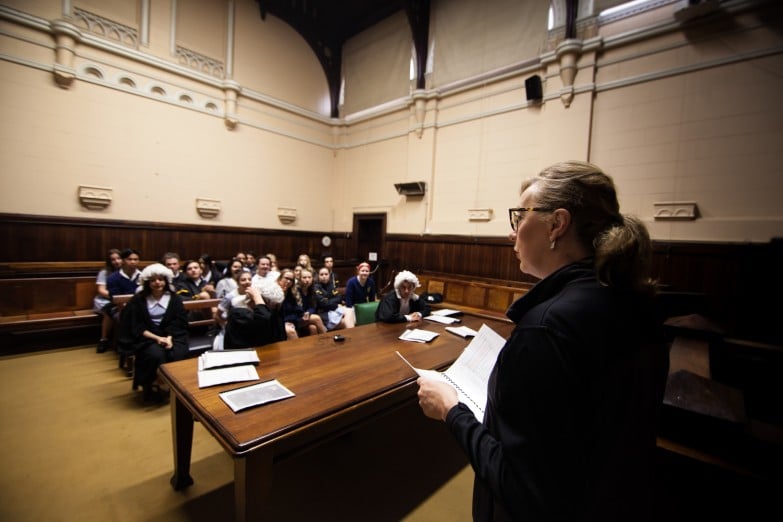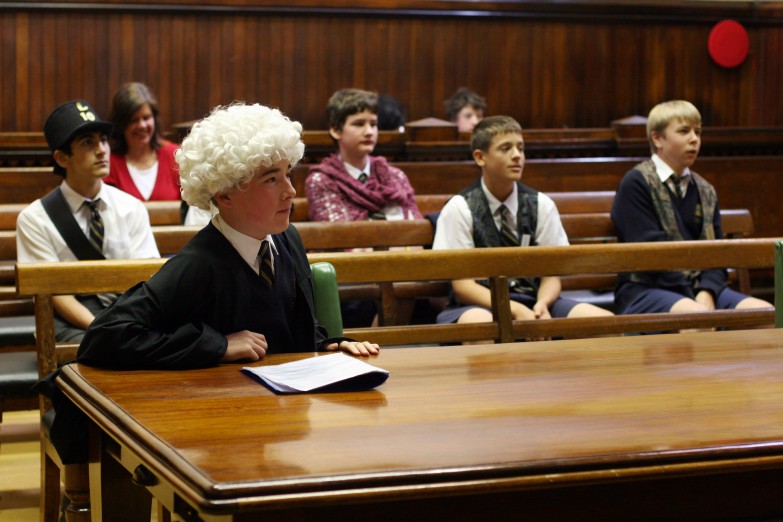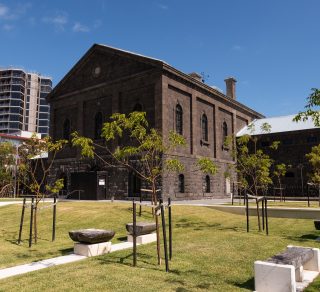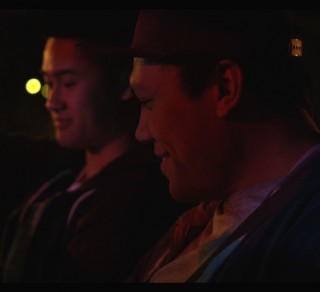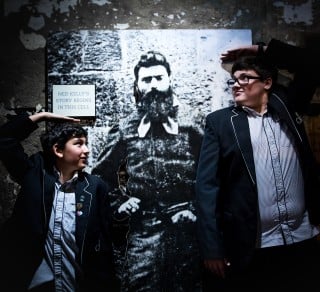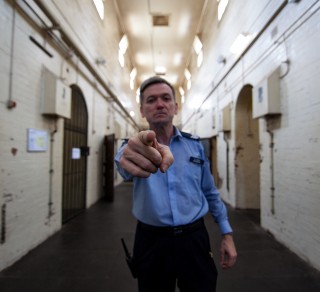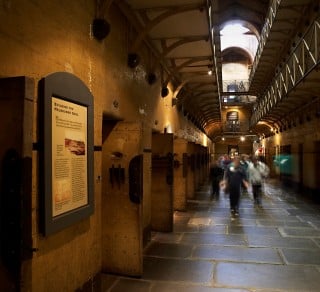| Legal Studies | Legal Foundations | The role of individuals, laws and the legal system in achieving social cohesion and protecting the rights of individuals | Learn about different roles in a court room including the judge, the defence, the prosecution, the public and the jury. |
| | | The principles of justice: fairness, equality and access. | Explore what fairness means and how it can be different for different people. |
| | | Define key legal terminology | Use key legal terminology in the context of a mock court trial. |
| | The presumption of innocence | The purposes of criminal law | Explore why certain laws exist and who they aim to protect |
| | Sanctions | Institutions that enforce criminal law, such as the police and delegated bodies | Learn how the police are involved in cases such as the one being portrayed in the program. |
| | | The principles of justice: fairness, equality and access. | Explore what fairness means and how it can be different for different people. |
| | | The purposes of sanctions: punishment, deterrence, denunciation, protection and rehabilitation | Learn what different witnesses, as well as the defence and prosecution, hope to achieve regarding the sanction given, evaluate what kind of sanction would be effective in this case (rehabilitation, protection, or deterrence). |
| | | Types of sanctions such as fines, community correction orders and imprisonment | Explore the different sanctions that the defendant could receive, considering the crime committed, mitigating factors, his age and the evidence presented. |
| | | Factors considered by judges in sentencing | Role play as the judge and consider what different factors could be at play in the sentencing of the defendant. |
| | | Define and use legal terminology | Use key legal terminology in the context of a mock court trial. |
| | The Victorian Criminal Justice System | The principles of justice: fairness, equality and access. | Explore what fairness means and how it can be different for different people. |
| | | The rights of an accused, including the right to be tried without unreasonable delay, the right to a fair hearing, and the right to trial by jury | Understand what rights the accused has, and see those rights upheld. |
| | | The rights of victims, including the right to give evidence as a vulnerable witness, the right to be informed about the proceedings, and the right to be informed of the likely release date of the accused | Witness a victim impact statement and the effect it has on the trial. |
| | | The responsibilities of key personnel in a criminal trial, including the judge, jury, parties and legal practitioners | Understand the different personnel needed in a sentencing hearing such as the judge, witnesses, defence and prosecution. |
| | | The purposes of sanctions: rehabilitation, punishment, deterrence, denunciation and protection | Learn what different witnesses, as well as the defence and prosecution, hope to achieve regarding the sanction given, evaluate what kind of sanction would be effective in this case (rehabilitation, protection, or deterrence). |
| | | Fines, community corrections orders and imprisonment, and their specific purposes | Explore the different sanctions that the defendant could receive, considering the crime committed, mitigating factors, his age and the evidence presented. |
| | | Factors considered in sentencing, including aggravating factors, mitigating factors, guilty pleas and victim impact statements | Role play as the judge and consider what different factors could be at play in the sentencing of the defendant. |
| Sociology | Crime and Punishment | The sociological concept of punishment, including the rationale and aims of punishment: retribution, deterrence, rehabilitation and societal protection | Discuss and make a decision as to the appropriate sentence for the defendant, taking into account all of the circumstances presented in the case, and providing a goal for said sentence – punishment, rehabilitation, deterrence, protection etc. |



